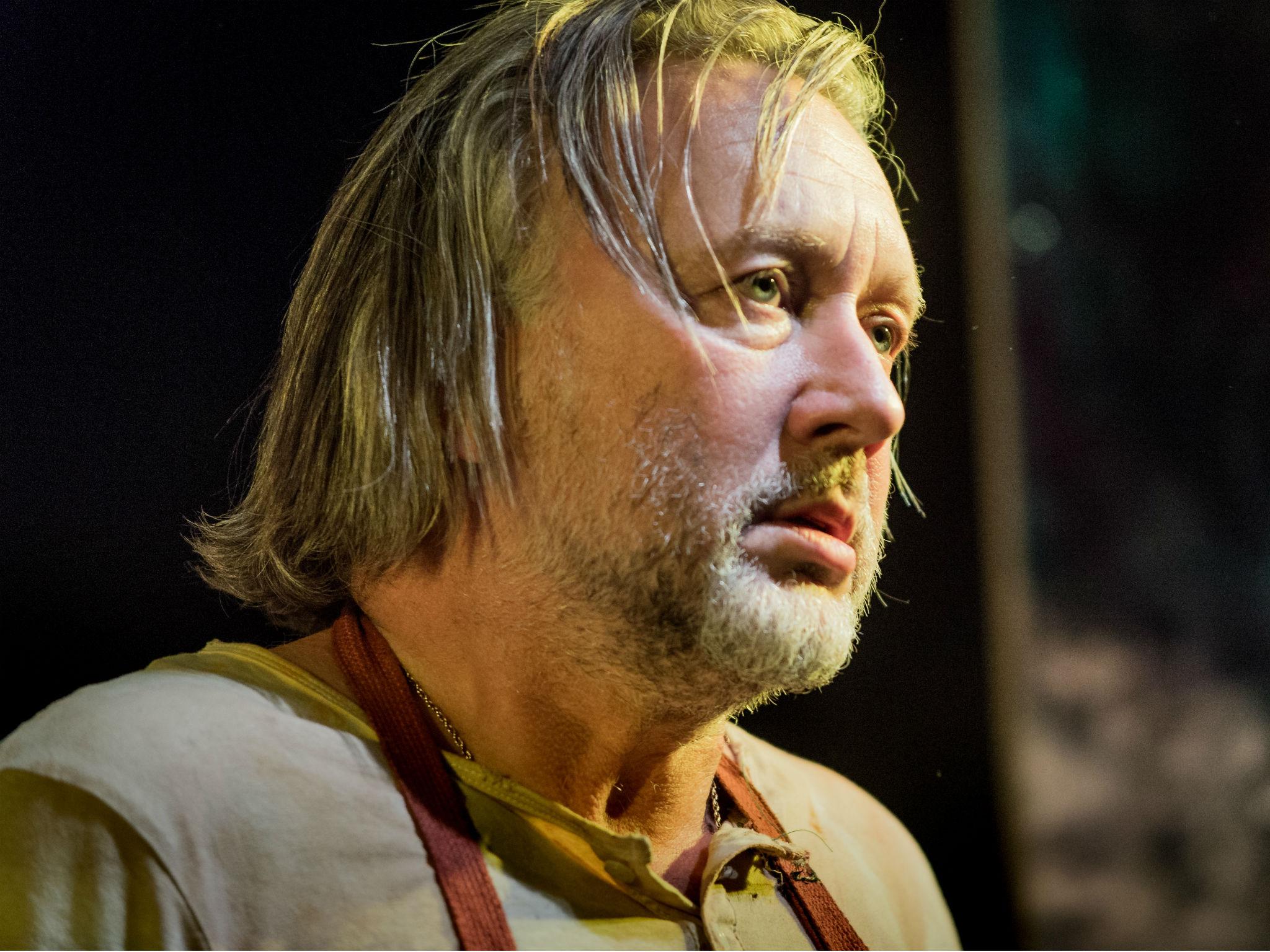The Blinding Light, Jermyn Street Theatre, London, review: A cracking new play
Howard Brenton’s play tells the story of playwright August Strindberg who went through a psychological crisis when he abandoned the stage and took up alchemy instead

Your support helps us to tell the story
From reproductive rights to climate change to Big Tech, The Independent is on the ground when the story is developing. Whether it's investigating the financials of Elon Musk's pro-Trump PAC or producing our latest documentary, 'The A Word', which shines a light on the American women fighting for reproductive rights, we know how important it is to parse out the facts from the messaging.
At such a critical moment in US history, we need reporters on the ground. Your donation allows us to keep sending journalists to speak to both sides of the story.
The Independent is trusted by Americans across the entire political spectrum. And unlike many other quality news outlets, we choose not to lock Americans out of our reporting and analysis with paywalls. We believe quality journalism should be available to everyone, paid for by those who can afford it.
Your support makes all the difference.“The smell? Is it from from the bathroom? Have you killed something in there?” snaps his ex-wife. August Strindberg’s voice drops to a hushed reverence. “Just the Enlightenment”, he shrugs.
Howard Brenton’s cracking new play catches up with the Swedish dramatist in 1896 when he was living in Paris and undergoing a psychological crisis. He’d already enjoyed enormous success in the French capital. A revival of Miss Julie in 1893 caused a sensation, while The Father was raved over two years later.
But now he has abandoned the stage and espoused alchemy instead. Holed up in the Hotel Orfila in the Rue D’Assas, Strindberg conducts mad, messy experiments and engages in furious ventriloquial conversations with his jeering “anti-me”, a figure he believes lives in the walls and is in cahoots with the unseen electrical forces that are bent on sabotaging his quest to find the Philosopher’s Stone and convert base metals to gold in his bath tub.
Now, to add insult to injury, Strindberg’s seclusion is further disturbed by a succession of visits from a pert chambermaid and the playwright’s first two wives. Whether real or demons who’ve assumed human shape, are they in league and laughing at him?
Tom Littler, the new artistic director at Jermyn Street, starts on a high with this specially commissioned piece. His production makes the crack-up very vivid; it’s played on an imaginative set of transparent screens streaked with fiery colour (like the residue of an experiment) by Cherry Truluck. Brenton is alive to both the comic and the painful side of this so-called “inferno period” and has an interpretation of it that the play renders very persuasive. Were the alchemy and the doubts about playwriting, in fact, means to the same end? There’s a funny moment in the piece where the dramatist has to defend his early radical naturalism against the gibe that it was ridiculous – the Cook already onstage, say, at the start of Miss Julie frying kidneys. “The kidneys were revolutionary!” Strindberg cries with justified, if faintly crackpot fervour.
Suppose, though, that he wants to push forward into a riskier expressionist phase (plays as waking dreams) and that he knows, at some level, that it would demand the thoroughgoing breakdown of the self that is parallel to the chemical process with elements in alchemy and indeed required of its adepts? Jasper Britton’s superlative performance strongly supports this suggestion. His Strindberg cut a ludicrously undignified figure in his grimy long-johns and furnace-stoker’s apron and he delivers a little masterclass in the comedy of paranoid preoccupation. But you also get a terrific sense of the pain and the intelligence of the man, as if he is banging his head against his own creative barriers and will only be healed though some extreme reinvention.
“Are you still with that free-thinking horror?,” the playwright ask his first wife, Siri, about her attachment to a lesbian pal. Siri (a matronly, stinging Susannah Harker) has a lot to say about her ex-husband’s misogyny, his putting her into plays and a novel (“You mean you sort of accidentally wrote a book about our marriage...?”), his unwise correspondence with their children, and the medical certificate she will use on him, if he doesn’t give up his occult practices.
Gala Gordon is elegantly louche as second wife Frida, evoking the free love of their time in Berlin. And Laura Morgan is knife-sharp as the maid who is knowing even about the future. An excellent start to the new regime.
Join our commenting forum
Join thought-provoking conversations, follow other Independent readers and see their replies
Comments